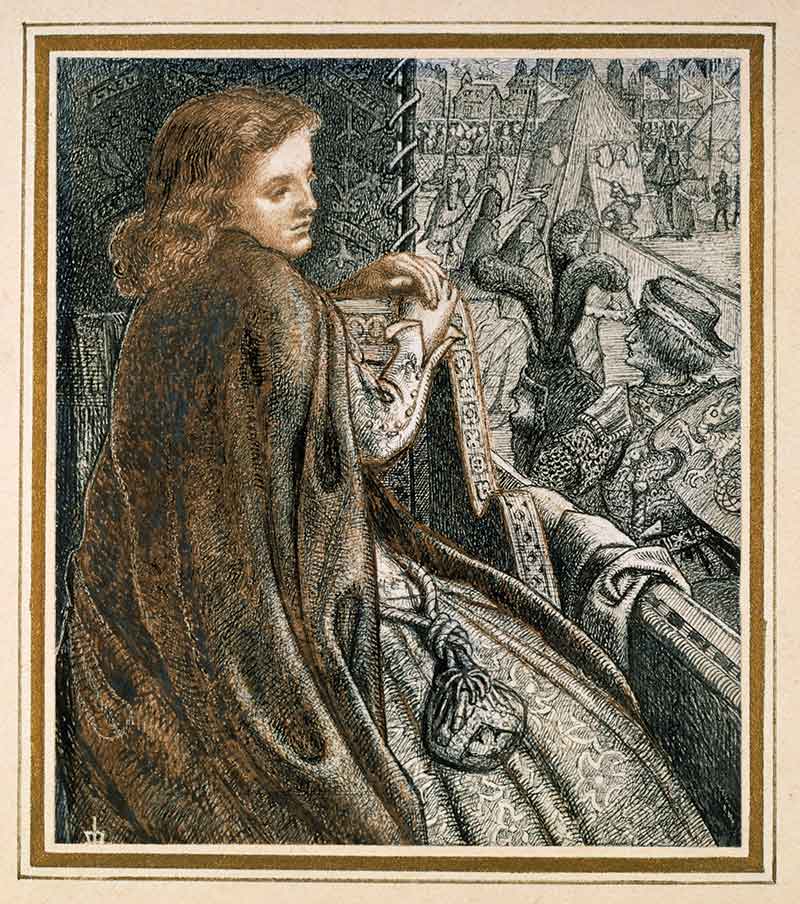
STAGE NOTES
The WICA Blog
INTERVIEW | Alyssa Milano on the #MeToo movement: 'We're not going to stand for it any more'
It was like any other day for Alyssa Milano, the American activist and actor, until she started getting ready for bed. While reading a flurry of articles about Hollywood producer Harvey Weinstein’s alleged sexual assaults, her phone went off.
It was her friend Charles Clymer, who sent her a screenshot. It read: “Suggested by a friend: if all the women who have been sexually harassed or assaulted wrote ‘me too’ as a status, we might give people a sense of the magnitude of the problem.”
“I thought, you know what? This is an amazing way to get some idea of the magnitude of how big this problem is,” said Milano over the phone from Los Angeles. “It was also a way to get the focus off these horrible men and to put the focus back on the victims and survivors.”
Milano added a sentence to her friend’s message before posting it on Twitter: “If you’ve been sexually harassed or assaulted, write ‘me too’ as a reply to this tweet.”
And she sent it out.
Read more here.
SOURCE: The Guardian
RELATED PROGRAMMING
Truth and Consequences: #MeToo and the New Sexual Landscape | JUL 27
ARTICLE | The Woman Who Created #MeToo Long Before Hashtags
In 1997, Tarana Burke sat across from a 13-year-old girl who had been sexually abused. The young girl was explaining her experience, and it left Ms. Burke speechless. That moment is where the Me Too campaign was born.
“I didn’t have a response or a way to help her in that moment, and I couldn’t even say ‘me too,’ ” Ms. Burke said.
“It really bothered me, and it sat in my spirit for a long time,” she added.
Ten years after that conversation, Ms. Burke created Just Be Inc., a nonprofit organization that helps victims of sexual harassment and assault. She sought out the resources that she had not found readily available to her 10 years before and committed herself to being there for people who had been abused.
And she gave her movement a name: Me Too.
On October 15, 2017, those two words burst into the spotlight of social media with #metoo, a hashtag promoted by the actress Alyssa Milano. Amid the firestorm that ignited, some women of color noted pointedly that the longtime effort by Ms. Burke, who is black, had not received support over the years from prominent white feminists… more.
SOURCE: The New York Times
RELATED PROGRAMMING
Truth and Consequences: #MeToo and the New Sexual Landscape | JUL 27
BIOGRAPHY | Robert Schenkkan
Robert Schenkkan is a Pulitzer-prize winning, Tony Award-winning, Writer's Guild Award-winning, three-time Emmy nominated writer of Stage, Television, and Film. He is the author of fourteen original full-length plays (including WICA’s production of The Kentucky Cycle in 2010), two musicals, and a collection of one-act plays. He co-wrote the feature film, Hacksaw Ridge (six Academy Award nominations) and The Quiet American, and his television credits include: All the Way, The Pacific, The Andromeda Strain, and Spartacus.
Learn more about Robert Schenkkan here.
RELATED PROGRAMMING
The Investigation | August 24, 2019
ARTICLE | How Mark Rothko Unlocked the Emotional Power of Color
“The name Mark Rothko is synonymous with sensitive canvases that feature arrangements of rectangular panes in vivid hues. The artist was a skilled colorist. The great joy of experiencing his paintings is looking at how the colors, shapes, and backgrounds interact with one another, particularly around the edges. The soft, brushy borders that surround his color fields create one mood, while the sharper, straighter lines of the central forms elicit another. Alternate juxtapositions of similar or divergent tones—shades of deep blue against dark purple or bright red against brown—elicit disparate emotional responses. In employing a signature structure, Rothko found infinite variation.
Untitled (Red, Orange), 1968
Despite his devotion to this modern, abstract mode, Rothko derived significant inspiration from ancient, medieval, and Renaissance art and architecture. An erudite researcher, the artist transformed his scholarly understanding of art history into pared-down paintings. If they can at first feel opaque to the viewer searching for reference points, Rothko didn’t mind. “My pictures are indeed façades (as they have been called),” he once said. “Sometimes I open one door and one window or two doors and two windows. I do this only through shrewdness. There is more power in telling little than in telling all.” That mystery and complexity have given him one of the most enduring and esteemed reputations in 20th-century art…” more
SOURCE: Artsy
ESSAY | Progress from the Past: The Arts and Crafts Movement in Britain
“Britain’s nineteenth-century Arts and Crafts movement had a curious relationship with Victorian notions of social advancement. Whereas proponents of the Industrial Revolution encouraged mechanization and new technology, people in the Arts and Crafts movement looked back to the Middle Ages. Both camps firmly believed in progress—the improvement or even perfectibility of the human condition—yet one group looked to the future while the other favored a return to the past.
Arts and Crafts advocates opposed industrialization and factory-made goods on aesthetic and moral grounds: mass production dehumanized workers, and the cheapness of low-quality decorative items encouraged people to decorate their homes with excessive ornamentation. Ironically, although Prince Albert wanted the Great Exhibition to encourage beautiful design, several of the event’s own organizers publicly decried poor examples of design throughout the exhibition. Morris idealized medieval craftsmen, who made their products by hand, and medieval art, which expressed profoundly Christian themes in beautifully designed furniture, textiles, and architecture…” more.
SOURCE: Interweave
RELATED PROGRAMMING
Art Talks with Rebecca Albiani
The Pre-Raphaelite Brotherhood | March 20 | 11am
William Morris: The Revolutionary | April 17 | 11am
The Arts and Crafts Movement: Form, Function, and Influence | May 15 | 11am







